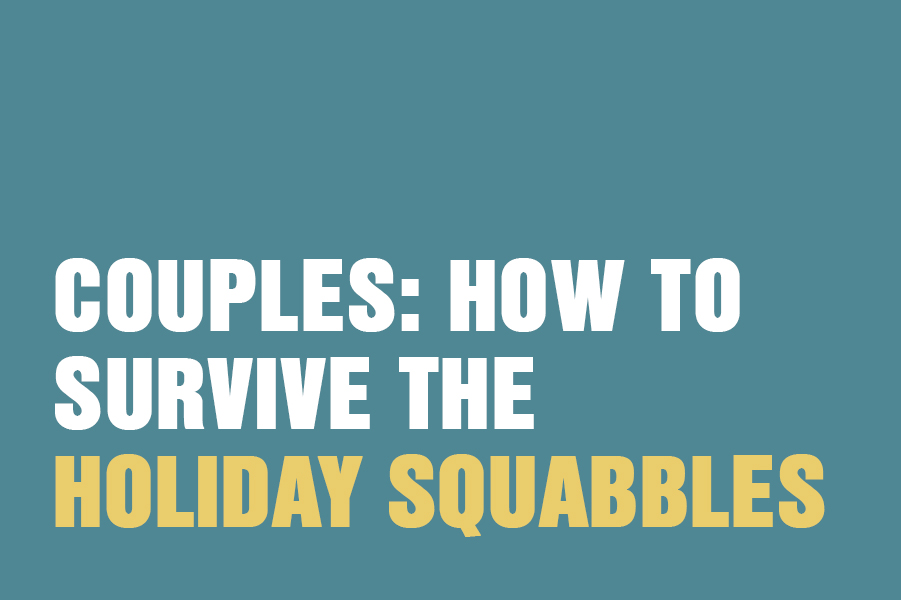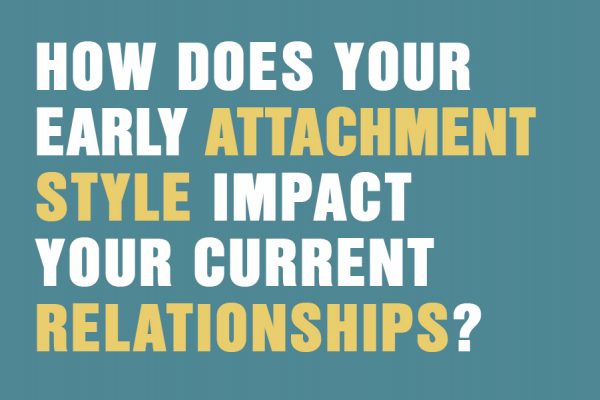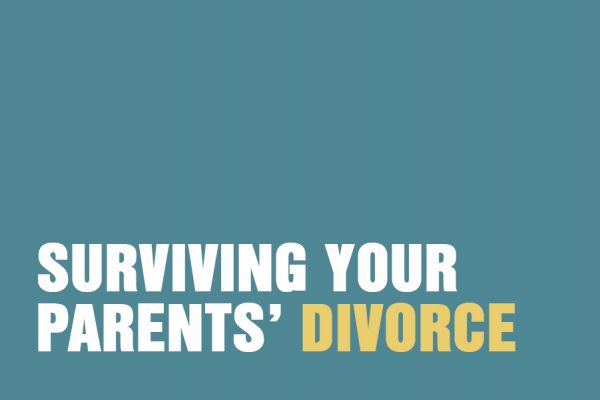“It takes courage to grow up and become who you really are.”
E.E. Cummings
Any life transition brings its own challenges and joys, and when your child becomes a teenager it can sometimes feel you are drawing on reserves you never knew you had. You don’t have a road map for how to navigate this phase of development, and you can sometimes feel lost along the way.
One minute your child is smiling, wanting your attention, drawing you pictures, hugging you (even in front of other people) and holding your hand. Then, as soon as the clock strikes midnight on their 13th birthday, the smile becomes a pout or a sulk, they don’t want to spend time with you, social media grabs their entire attention, and you can forget any public or display of affection towards you.
Suddenly “it’s so unfair” becomes your teenager’s favourite phrase. You can’t do right for doing wrong. Doors are slammed. Eyes are rolled. Suggestions are rebuffed. Suddenly they know everything. Clothes and toys are turfed out to make way for whatever outfit or activity is trending today. Say no to something and their tantrums can be worse than when they were toddlers. It can be baffling and hurtful as a parent to feel so rejected, and to wonder where your adorable, precious baby has gone.
The developmental tasks of being a teenager
It may help to understand what a teenager is going through. For healthy emotional development the child needs to separate from the parents. By this we mean children need to become independent in how they think, how they behave and in what they do. They can’t live their lives as an extension of their parents’ traits and wishes. If your child has been particularly compliant in early years then it can come as a shock to the system when they start disagreeing with everything you say. It can feel rebellious, but really they are trying to create some emotional and social independence and some self-identity. The first way of doing that is often to say and be the opposite of their parents.
The psychologist Erikson says adolescence is the phase when children need to find their self-identity and to learn how to fit in with peers and society. They have to learn their own sense of what’s right and wrong. Otherwise they can experience ‘role confusion’ and don’t develop a strong enough sense of self. Added to this are the pressures of social media, where it’s all about image and posts and likes. As teenagers become more focused on life outside the home, they can develop a self-consciousness about how they look and how much they are liked – and this can make them feel vulnerable. All this while grappling with hormones and changes to their body and the structure of their brain that can lead to mood swings and outbursts.
How to cope with your teenager
Here we offer some suggestions for helping you manage this growth phase in your child:
Support them in forming their identity
What teenagers do at this age can influence what they will do as adults. Encourage new activities, whether sporting, creative or academic. Take them shopping for a new outfit and show interest in what they’re reading, watching, saying. Encourage their friendships. Have friends over and be interested in them but don’t hover around them. Try to see their rejection of your approach as constructive rather than destructive. See it as courage rather than rebellion that they are trying to become who they’re meant to be.
Negotiate boundaries together
Teenagers don’t like being told what to do. They know best, after all. But you can’t let them have carte blanche to do what they like when they like. If they want to go out with friends, you need to set limits on where, when and with whom they can be and what time they need to be home. Ask them to say what’s reasonable. The same with social media use. Agree when it is appropriate – for example, it’s fine to be on their smartphone on a long journey, but unacceptable at the dinner table. Teenagers still need to feel contained to make this journey towards their own identity.
Define behaviour and consequence
Teenagers may develop a ‘devil may care’ attitude to life, which is all part of their brain development. However, they need to feel invested in what their behaviour will mean, and what the consequences will be if they behave in a certain way. You may want to set up the equivalent of a ‘reward chart’ just like they had when they were toddlers. Though the incentives might be more grown up than a gold star or a sweetie.
Pick your battles
You may want to let some things go or you’ll be forever in an argument. Don’t tolerate rudeness, but cut some slack if your teen is trying to find his/her voice and isn’t quite getting it right.
Speak to other parents
If you’re struggling to cope with your teenager’s moods and back chat, speak to friends and family members who are going through the same thing – or who have been through it already. It can feel a relief that other children behave similarly, and you can find solace in knowing you’re not alone.
Take time for you too
Yes, so a lot of your time used to be taken up with your child. Now your teen may need you less in practical ways, though perhaps more in emotional ways. But while you’re managing homework schedules and pick-up times from sports matches and dance performances, don’t forget that you have a life too. You’re a person as well as a parent. And you’ll survive this period of adjustment and perhaps make some time to become who you truly are too.
If family life is one of the issues you’re facing, and you could do with some emotional support, give us a call on 020 8673 4545 and we’ll match you with a therapist. If you feel your child or teenager would value support from a trained therapist, we can offer leading child and adolescent counselling services. Email us on [email protected].







